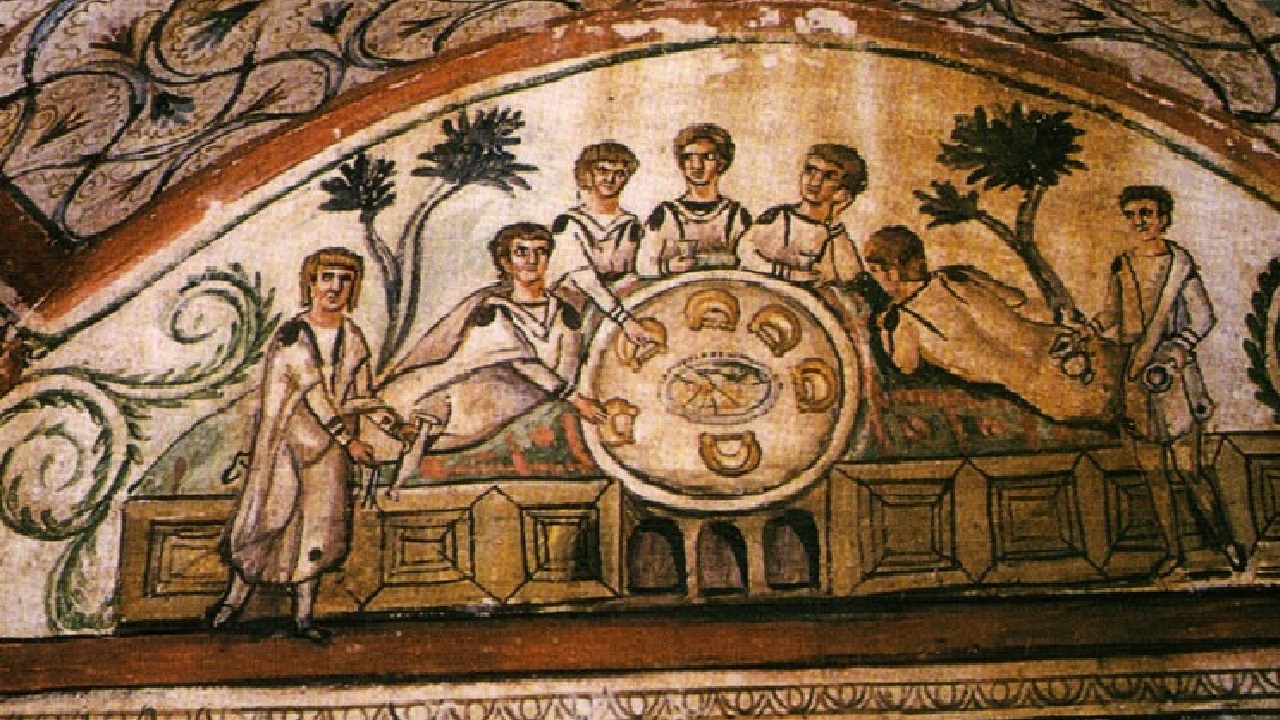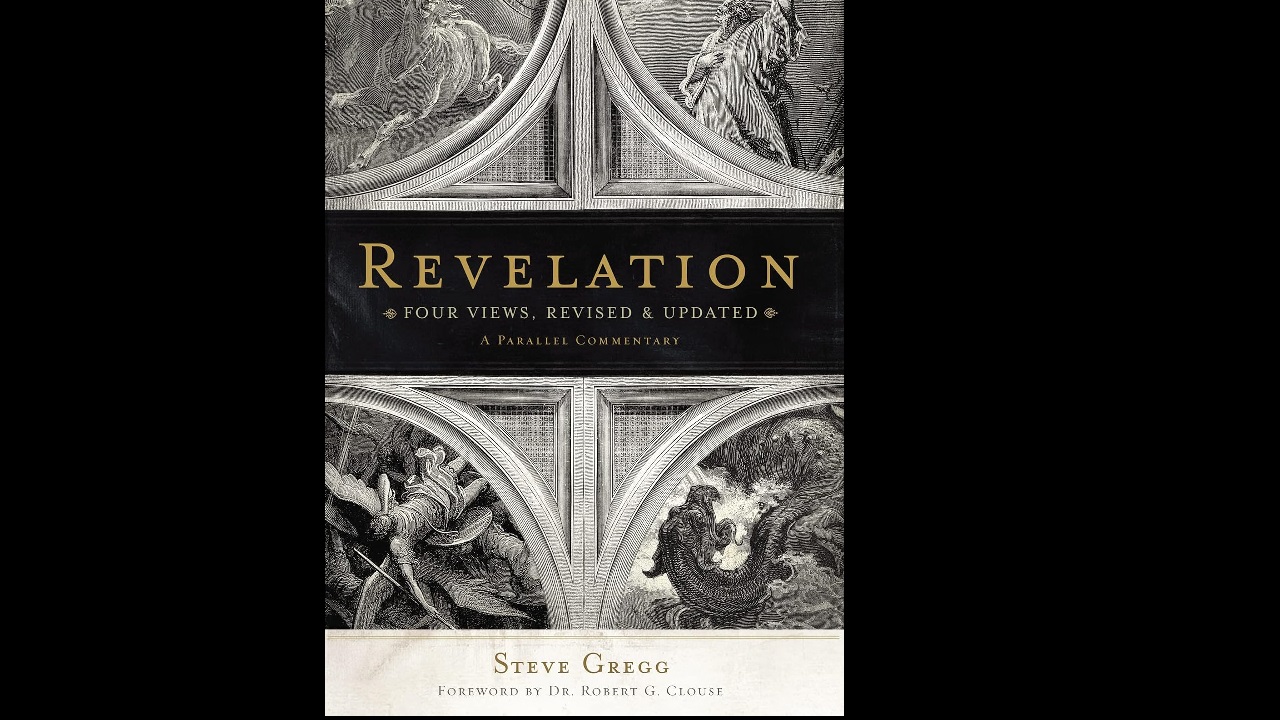In the Old Testament (OT) of the Bible, several prophets speak of “the Day of the Lord” as “near,” “coming soon,” or “at hand.”
- Joel 1:15: “Alas for the day! For the day of the Lord is near, and as destruction from the Almighty it comes.”
- Joel 2:1: “Blow a trumpet in Zion; sound an alarm on my holy mountain! Let all the inhabitants of the land tremble, for the day of the Lord is coming; it is near.”
- Obadiah 1:15: “For the day of the Lord is near upon all the nations. As you have done, it shall be done to you; your deeds shall return on your own head.”
- Zephaniah 1:7: “Be silent before the Lord God! For the day of the Lord is near; the Lord has prepared a sacrifice and consecrated his guests.”
- Zephaniah 1:14: “The great day of the Lord is near, near and hastening fast; the sound of the day of the Lord is bitter; the mighty man cries aloud there.”
- Isaiah 13:6: “Wail, for the day of the Lord is near; as destruction from the Almighty it will come!”
- Ezekiel 30:3: “For the day is near, the day of the Lord is near; it will be a day of clouds, a time of doom for the nations.”
- Amos 5:18-20: “Woe to you who desire the day of the Lord! Why would you have the day of the Lord? It is darkness, and not light… Is not the day of the Lord darkness, and not light, and gloom with no brightness in it?”
The prophets often use “near” or “at hand” to convey urgency, calling people to repentance or preparedness. The language is sometimes symbolic, reflecting God’s timeless authority rather than a literal countdown, though specific judgments (e.g., against Babylon or Judah) did occur soon after the prophecies.




